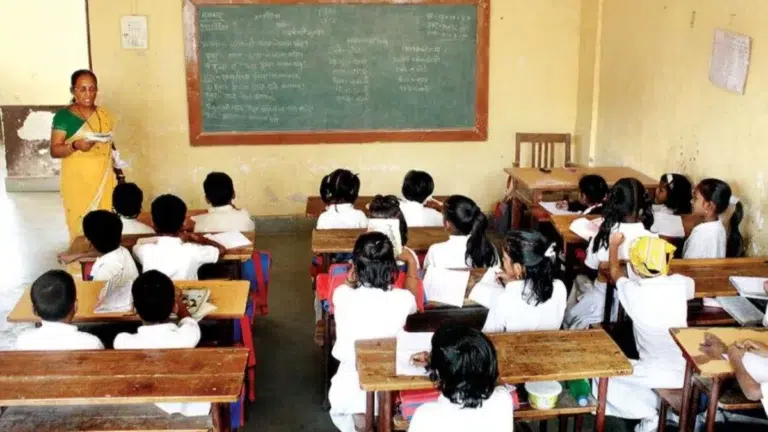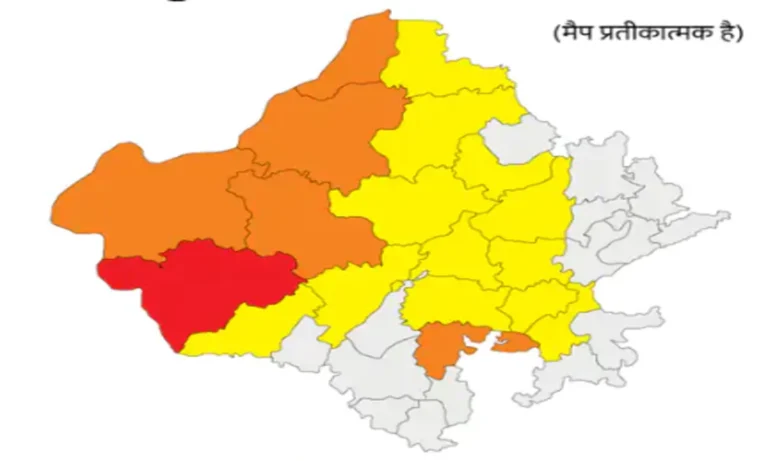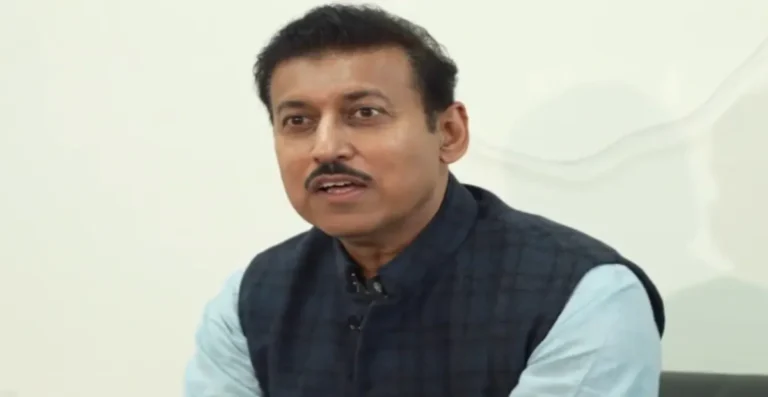Education Crisis in Rajasthan: In Rajasthan, private schools are adopting AI-based technologies, but about 7, 000 government schools don’t have even basic computer labs. This highlights the huge gap in access to modern education between private and public institutions in the state.
The problem is not only about infrastructure but also about the availability of manpower. Out of 19, 500 secondary schools in Rajasthan, only 10, 500 have approved posts for computer teachers, and nearly 4, 000 posts are vacant. This is affecting the quality of computer education for students.
Computer education is compulsory for grades 9 and 10, but it is often regarded as a second subject, like art, physical education, and social services. Students are given marks, but the focus and resources are very limited. For higher secondary students (grades 11 and 12), computer science is an elective, but facilities and teachers are limited.
Education Crisis in Rajasthan’s 16-Year Delay Leaves Schools Without Teachers and Labs
It’s been about 16 years since the government started computer labs in government schools under the ICT scheme, of which 75 per cent was funded by the central government and 25 per cent by the state. In the beginning, computer teachers were hired on contracts. That was stopped six years ago. The previous government tried to hire computer teachers, but not all schools got sanctioned posts and not all posts were filled. So, only 6, 123 out of 19, 500 schools have computer teachers.
Current Statistics:
- Total secondary-level government schools: 19,606
- Sanctioned posts for computer instructors: 10,453
- Computer instructors currently working: 6,123
- Vacant positions for computer instructors: 4,330
- Government schools with computer labs: 13,976
- Schools for secondary education: 13,411
This ongoing issue underscores the need for a more robust approach to integrating technology into the educational curriculum of government schools, ensuring that all students, regardless of their socioeconomic background, have access to essential digital skills and knowledge.




